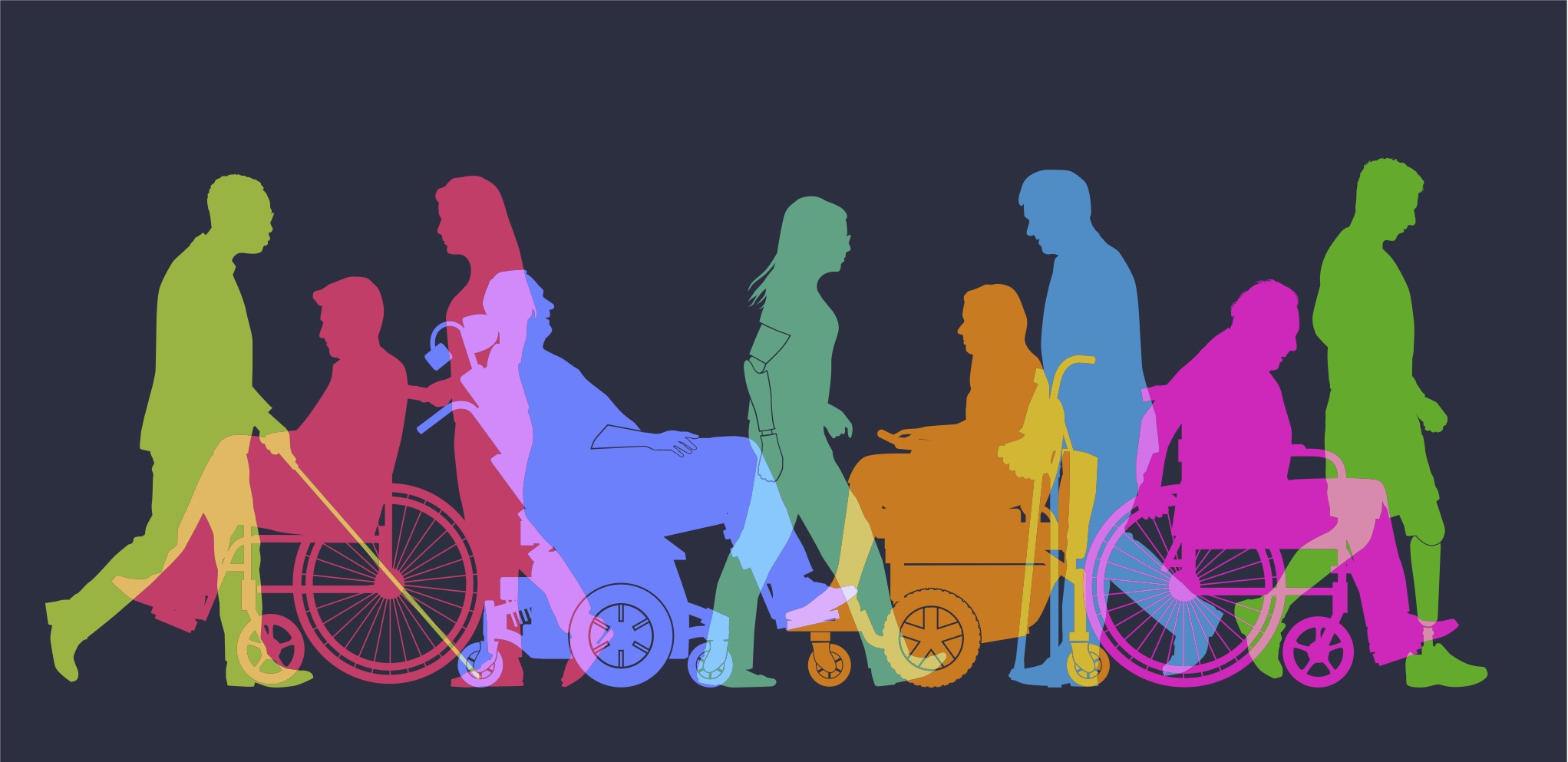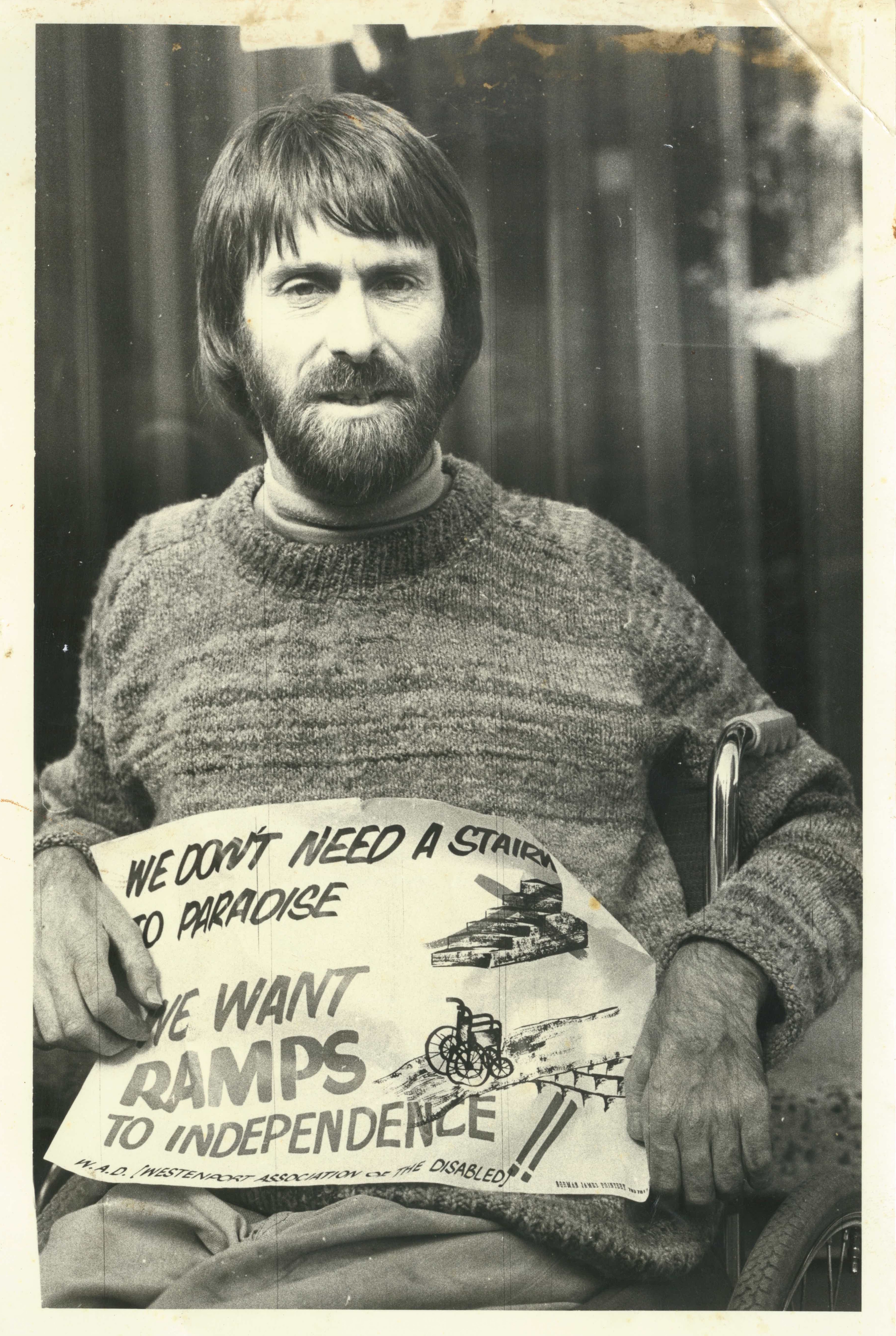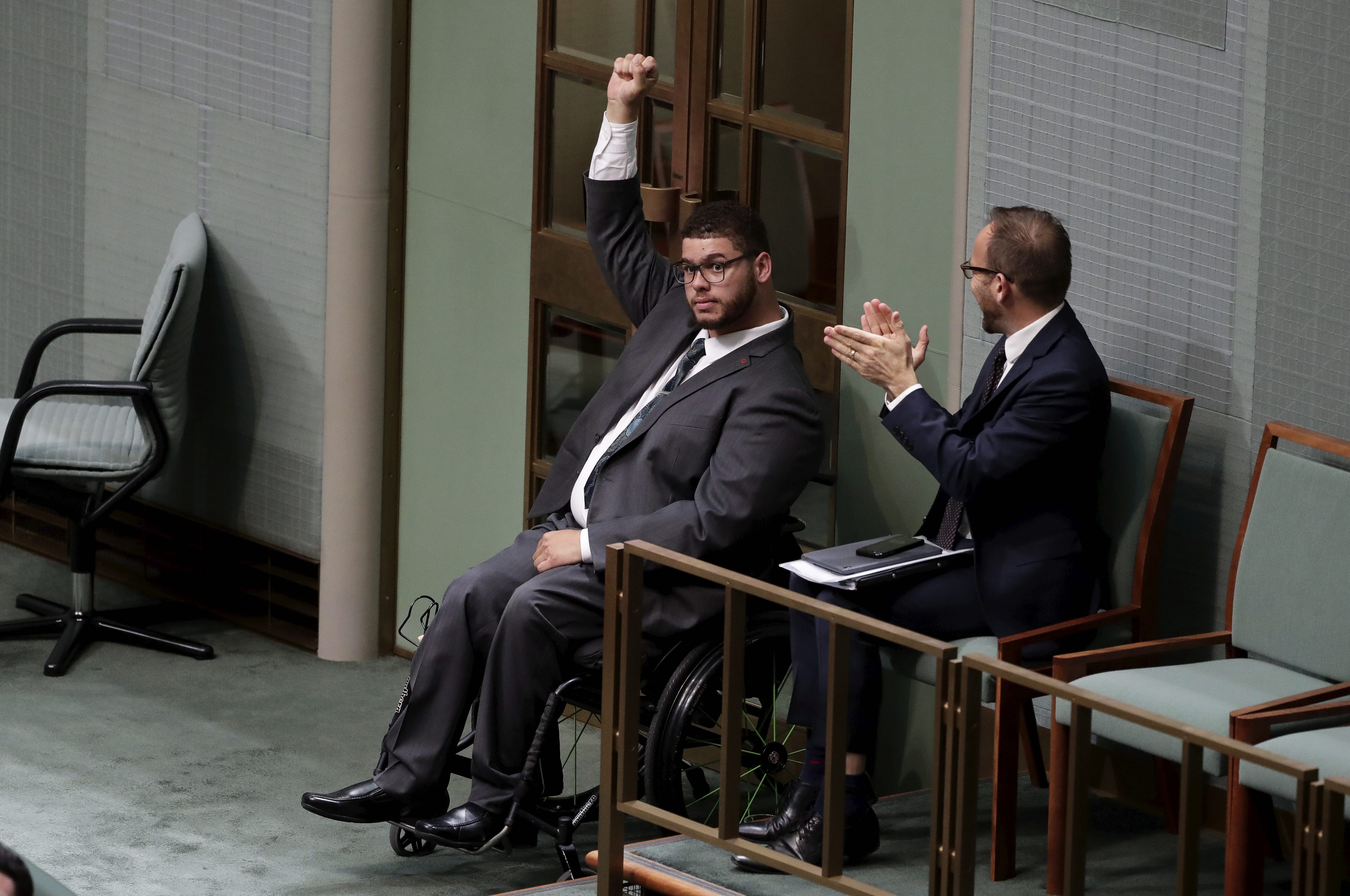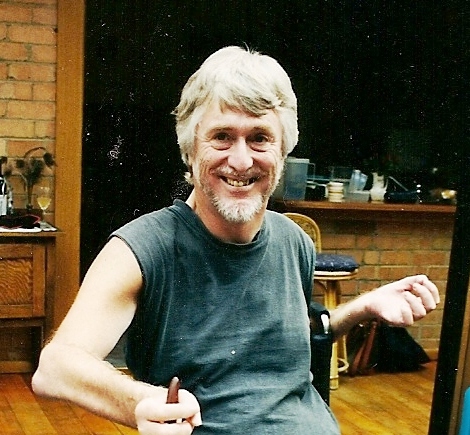
Politics & Society
Measuring the value of Australian volunteers

Geoff Bell was a pioneer in the Australian disability rights movement and his archive shows how far we’ve come in 40 years, and how far we have yet to travel
Published 26 March 2019
A new collection documenting the activities of a prominent disability rights activist is providing a unique insight into the evolution of the disability rights movement in Australia and internationally.
In the 1970s a young man, Geoff Bell, found himself living in a nursing home after a swimming accident at age 21 left him quadriplegic. He didn’t know it yet, but he was ahead of his time.

Refusing to accept that he should be treated like one of the elderly, he wrote to the then Minister for Social Security Bill Hayden calling for the creation of alternative support services that specifically catered to young people living in nursing homes.
His letter would go on to be tabled in the federal parliament, and was the first step in Geoff’s becoming one of the most influential activists to pioneer the fight for disability rights in Australia.
In 1981, during the United Nations International Year of Disabled Persons (IYDP), Bell took on a leading role in the disability rights movement, giving a number of high-profile interviews, including with well-known ABC TV journalists Jennifer Byrne and Mary Delahunty, and with then Bulletin magazine journalist and later NSW Premier Bob Carr.
Much of what we see today in the National Disability Insurance Scheme can trace its roots to the efforts of Geoff and his fellow activists. It was their early activism that championed the deinstitutionalisation of services for people with intellectual and developmental disability, and the development of community-based support.
It was these activists who first fought for inclusive education, and the right to paid employment outside of the then sheltered workshop system, in which people with disabilities were employed on separate, often lower paid, work conditions.

Geoff passed away in 2008. But thanks to the foresight of Geoff’s partner, Mary Burgess, and funding from State Trustees Australia Foundation, University of Melbourne Archives has been able to preserve the many documents generated and collected by Geoff that chart just how far we have come in the fight for disability rights.
The documents catalogue the development of the disability rights movement in Australia over a 40-year period. They tell an important story of the difference that can be made where people come together to take action, and are committed to sustaining that action over time in the face of adversity. In particular, they are a testament to the power and authority of the ‘lived experience.’

Politics & Society
Measuring the value of Australian volunteers
We now live in a society where social inclusion and human rights, particularly in relation to people with disability, are increasingly celebrated, and discrimination called-out. This change is partly the result of legislation and government policy. But collections like Geoff’s highlight how it is people themselves who have driven the change; people with disability, their families and the people of goodwill who have stood beside them.
Geoff lived for many years in Maidstone in Melbourne’s western suburbs, and worked as a welfare officer at the Western Region Community Health Centre in Footscray. He was President of the Attendant Care Coalition and was prominent in the ACTU on behalf of workers with a disability. But his activism and its impact had a far wider reach.
Along with fellow activists – Margaret Cooper, Vicky Atkins, Hal Fitzpatrick, Frank Stephens, Russell Hunt, Alan O’Callaghan, Michael Hoff, Lorraine Hoff and Frank Hall-Bentick – he laid the foundations of the Disability Resources Centre in Victoria, a first for Australia.

The centre brought together the combined strength of the Disability Advocacy Research Group (DARG) and Disability Action Forum; including the Northern Association of Disabled People (NAD), Southern Region Association of Disabled People (SRAD) and the Western Committee of Disabled People (WestCOD).
Geoff’s legacy, and the evidence-base of his lived experience as preserved in this collection, is a unique resource for students and scholars. It provides crucial insight into how and why we’ve made progress in achieving justice and equal rights for persons with disabilities in Australia, and understand how the language of exclusion has shifted to one of inclusion.

Health & Medicine
Is life getting better for people with disabilities?
Australia is soon to see a Federal Royal Commission into Violence, Abuse, Neglect and Exploitation of People with Disability and a new National Disability Strategy is being drafted to guide policy and practice going forward. The evidence to date, including that of a Productivity Commission report released in January this year suggests that while a lot has been achieved in the past 40 to 50 years, much work is yet to be done if the vision of Geoff Bell and his fellow activists is to be realised in Australia.
The evidence of Geoff’s lived experience, as preserved in the Geoff Bell Archive, together with the scholarship and commitment of a new generation of disability activists will shape that future.
The Geoff Bell Achieve will be publicly launched at the University of Melbourne Baillieu Library on Thursday 28th March at 5:30pm.
Banner image: Getty Images